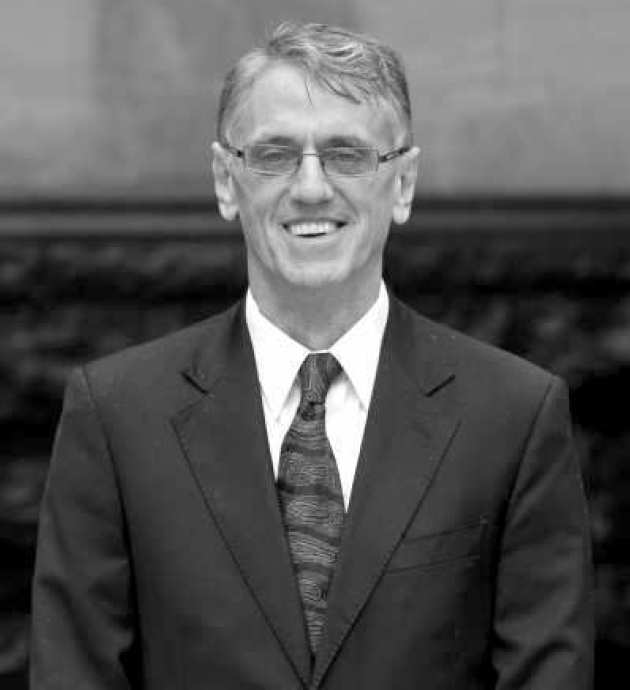Five minutes with Professor Mark Burgman, Director of the Centre for Environmental Policy (CEP) and Chair in Risk Analysis & Environmental Policy

1. Tell us about your research in a nutshell
I work on expert judgement, structured decision making and scientific reasoning, especially as applied to ecological modelling, conservation biology and risk assessment.
I have written models for biosecurity, medical regulation, marine fisheries, forestry, irrigation, electrical power utilities, mining, and national park planning. These models help business and government do their work and maintain or enhance the environment in which they work.
3. What are you most excited about in your field at the moment?
The application of clear reasoning to risk assessments, the development of measures of the quality of reasoning, and the creation of systems that support sound reasoning in groups of experts.
4. Who/what sectors would be interested in hearing more about your research?
The main source of funds for [the Centre for Environmental Policy] at the moment is The Intelligence Advanced Research Projects Activity (IARPA), the research arm of the US Intelligence Service. What we do is relevant in all sectors in which good judgements and accurate forecasts make a difference to policy and investment decisions.
You've recently taken on the role of Director of the Centre for Environmental Policy (CEP). The Centre focusses on ground-breaking, internationally-recognised research and teaching addressing key environmental and global policy challenges. What attracted you to CEP?
Its diversity, policy focus and its location at Imperial and in London.
2. Why is a Centre like CEP so important right now?
Environmental innovation is ineffective if the policy context doesn't fit. Our science is naive if we don't understand the policy landscapes, regulation systems and social attitudes for which our inventions are intended. CEP offers the opportunity to amplify and accelerate the effects of good science.
3. Tell us about some of the academics/research projects happening in the Centre.
There are many; the most high-profile are devoted to efficient, effective low-carbon energy solutions, holistic approaches to urban transport, energy and water, new methods for supporting food production in developing economies, market and technological innovations for water use, pollution and waste management, and a range of topics devoted to environmental equity and biodiversity conservation.
4. What is your vision for the future of the Centre?
In 10 years, our role should be indispensable. We should provide the skills, insights and professional networks to support the development of policy and regulatory assessments for new technologies. I would like to see us as an accessible, energetic and effective resource and partner for any environmentally relevant initiative.